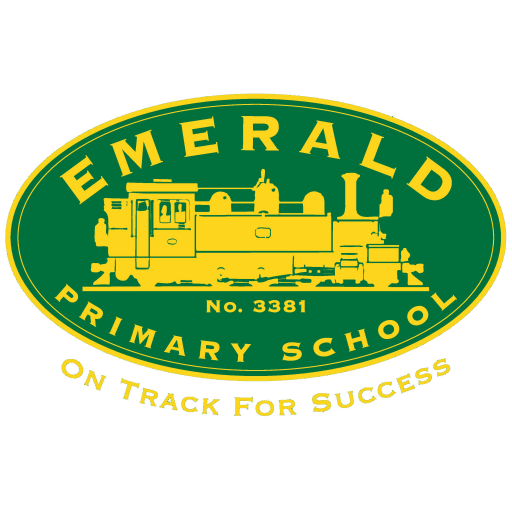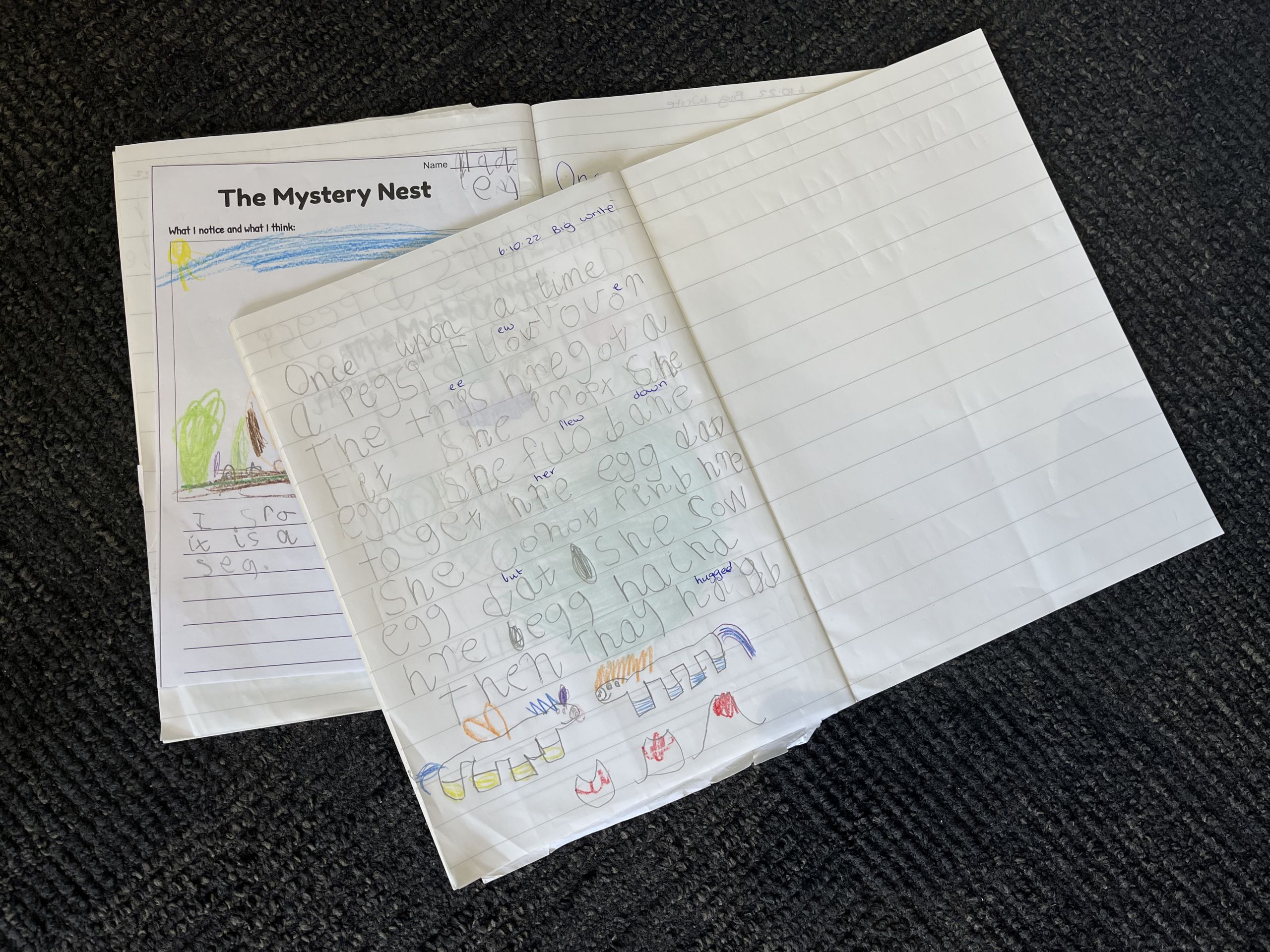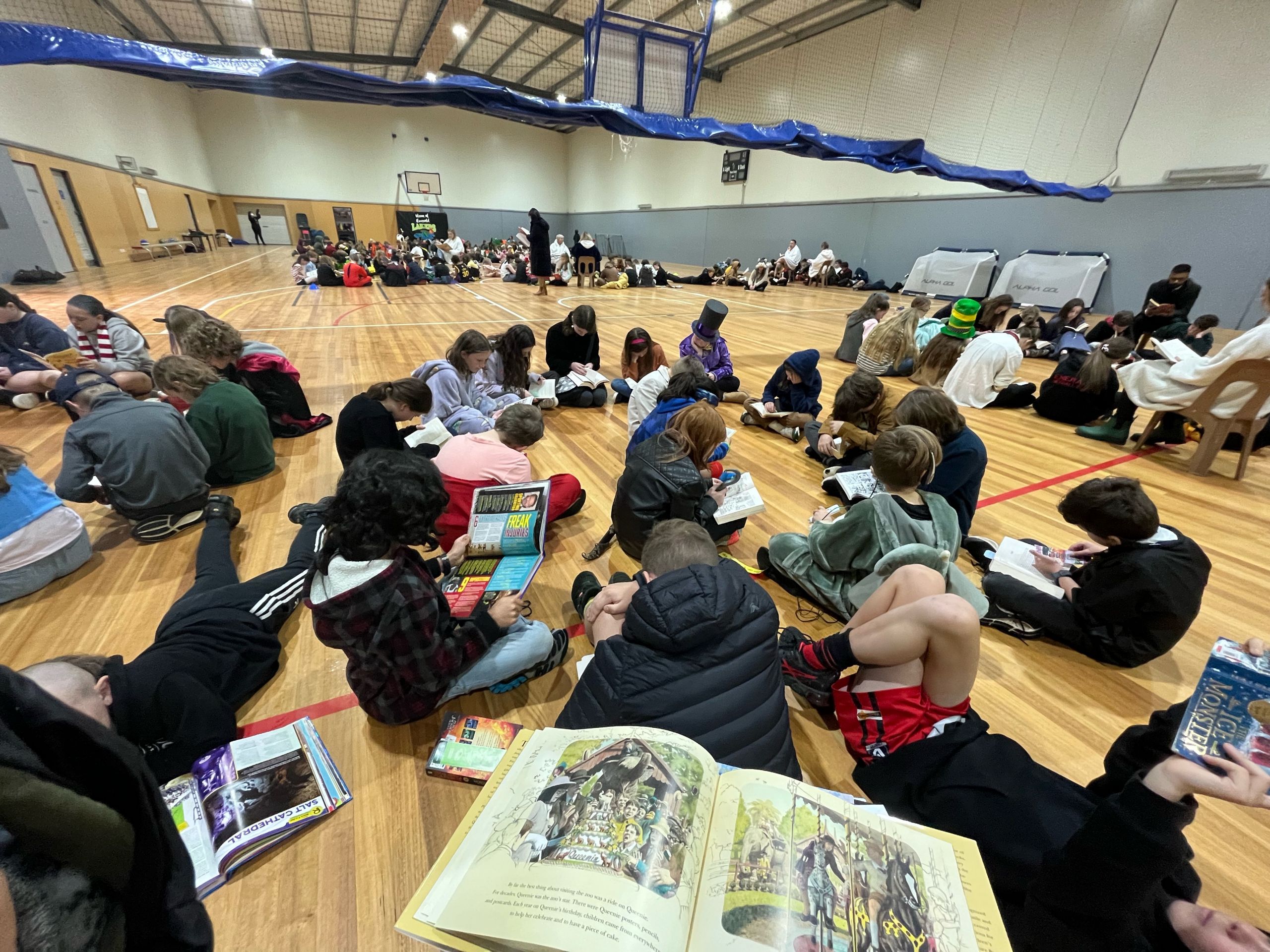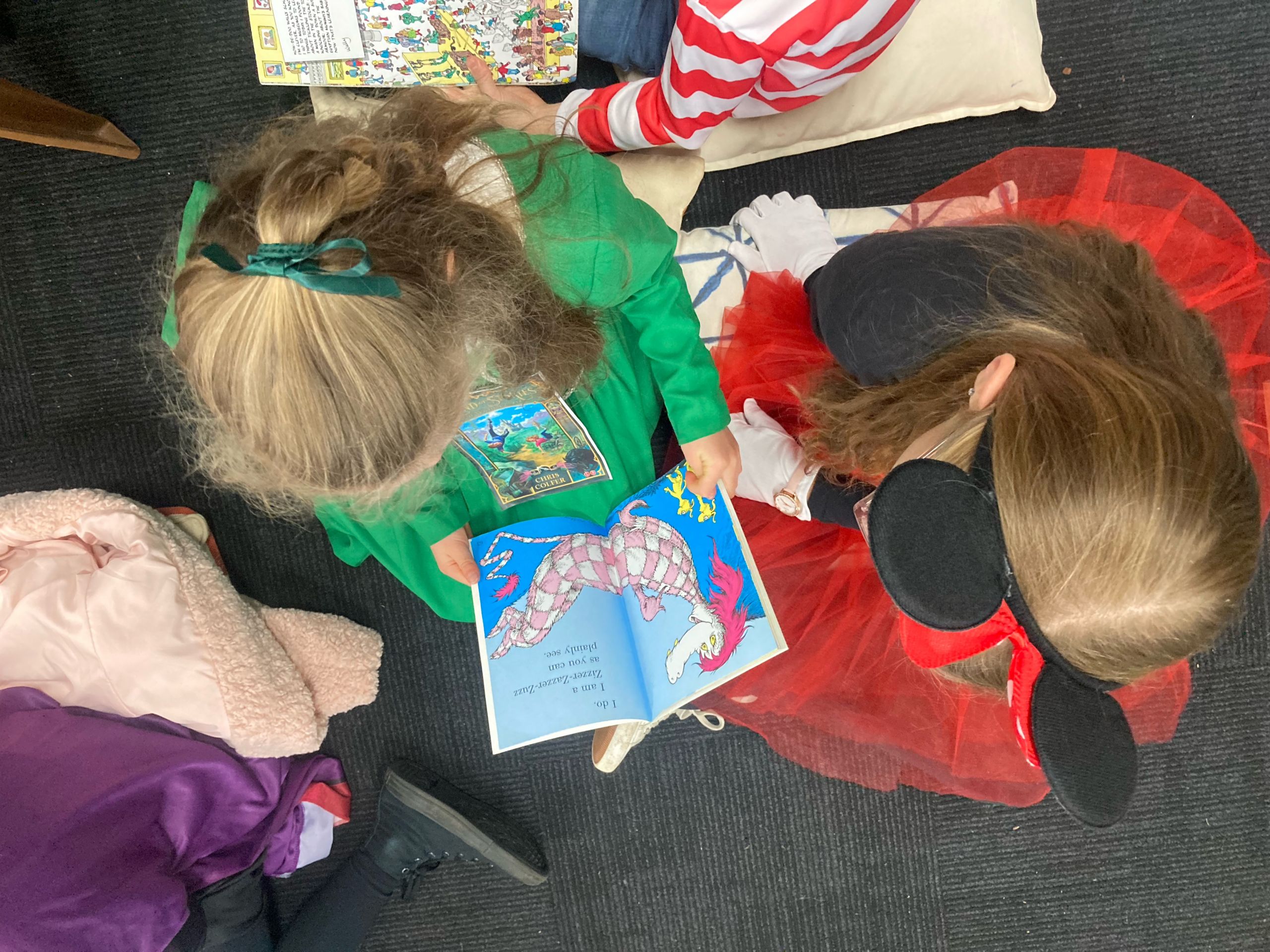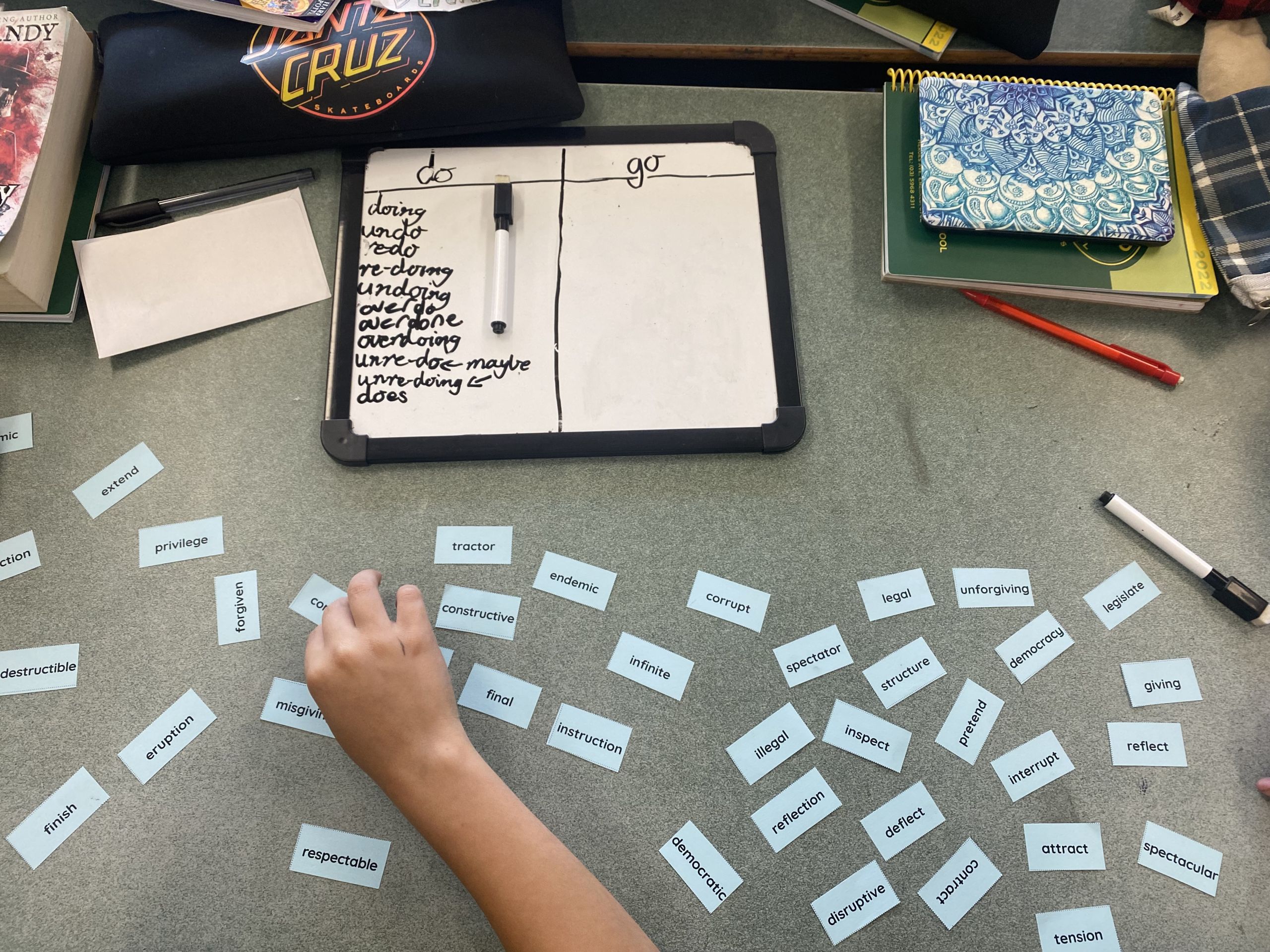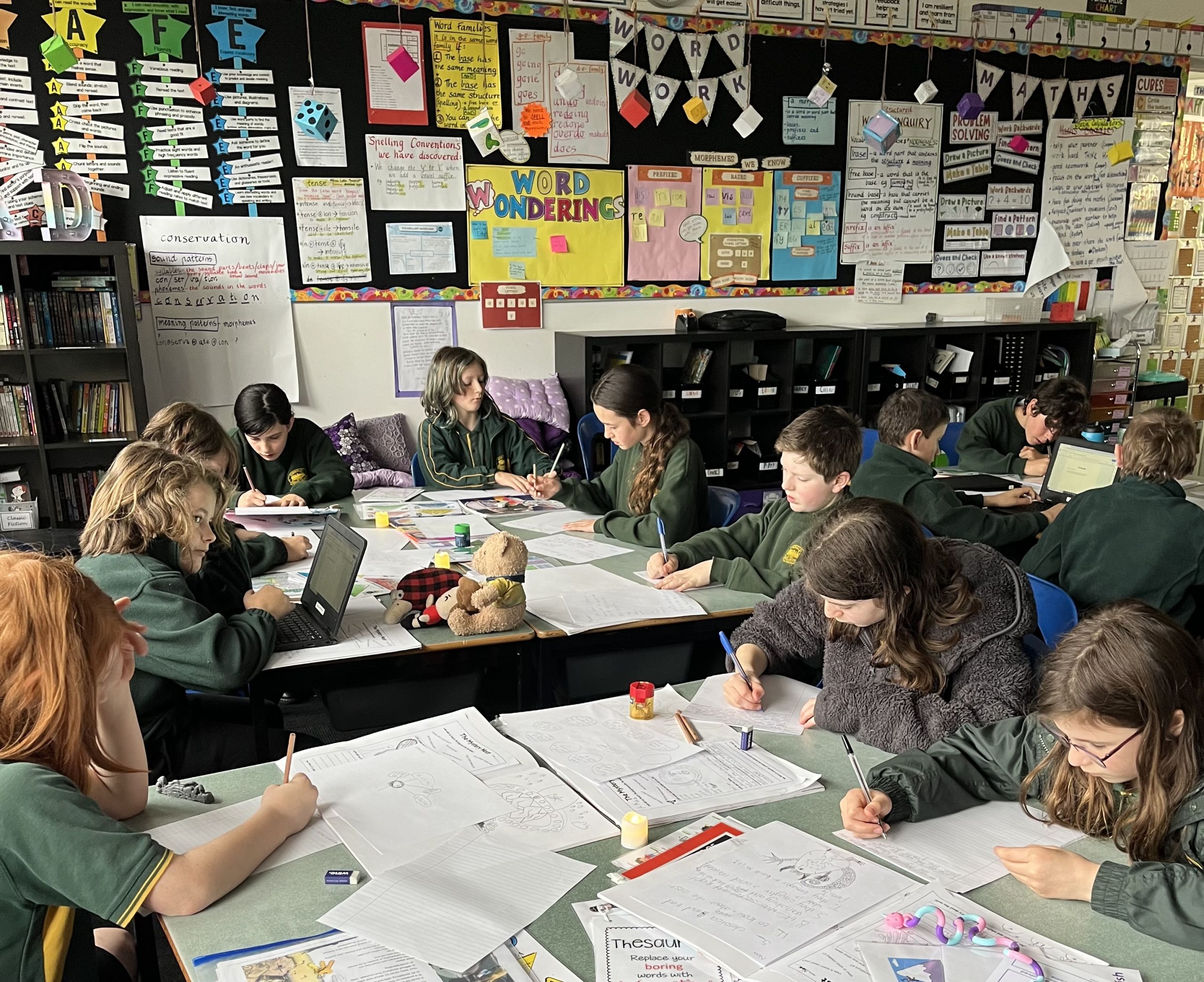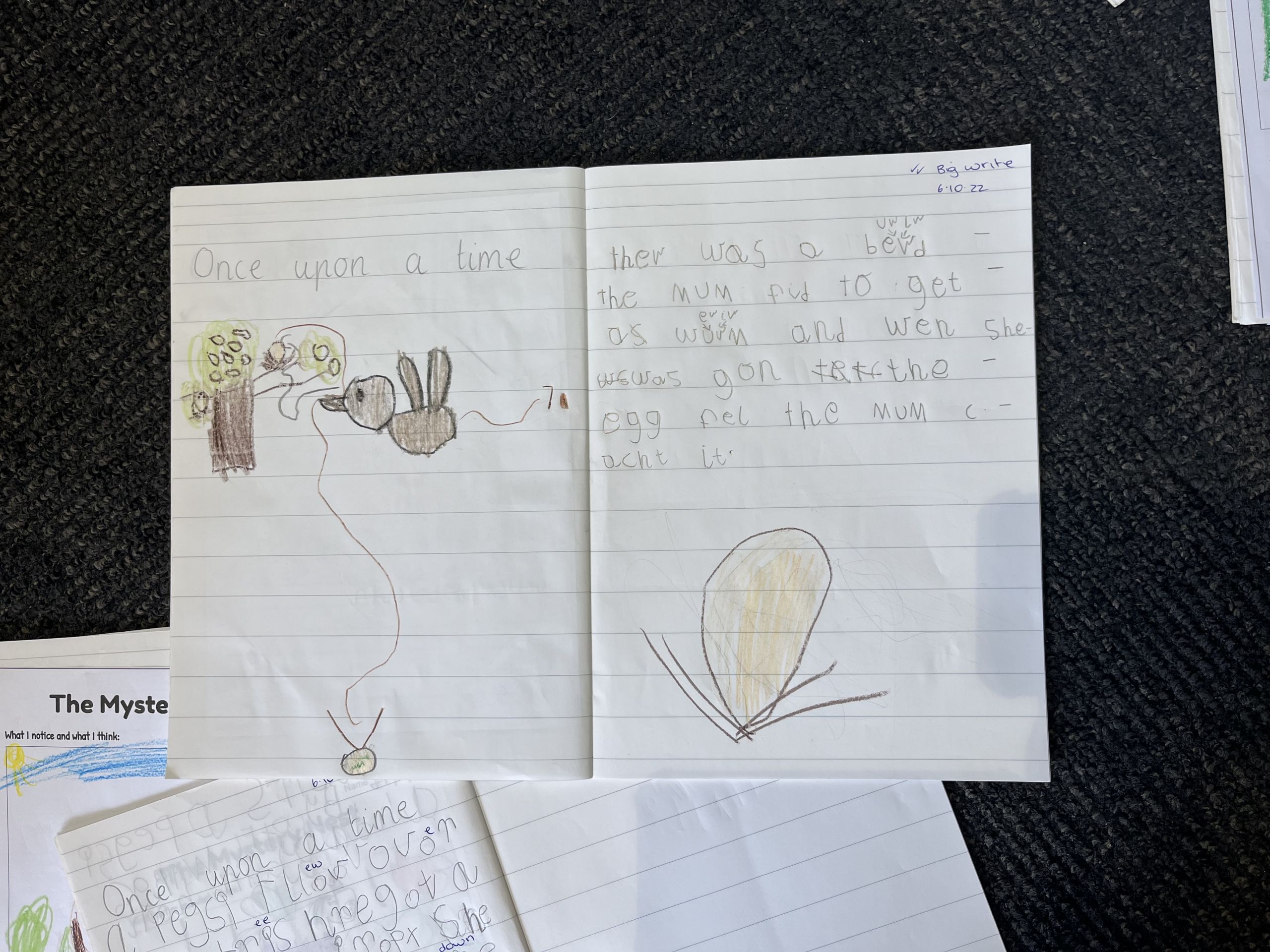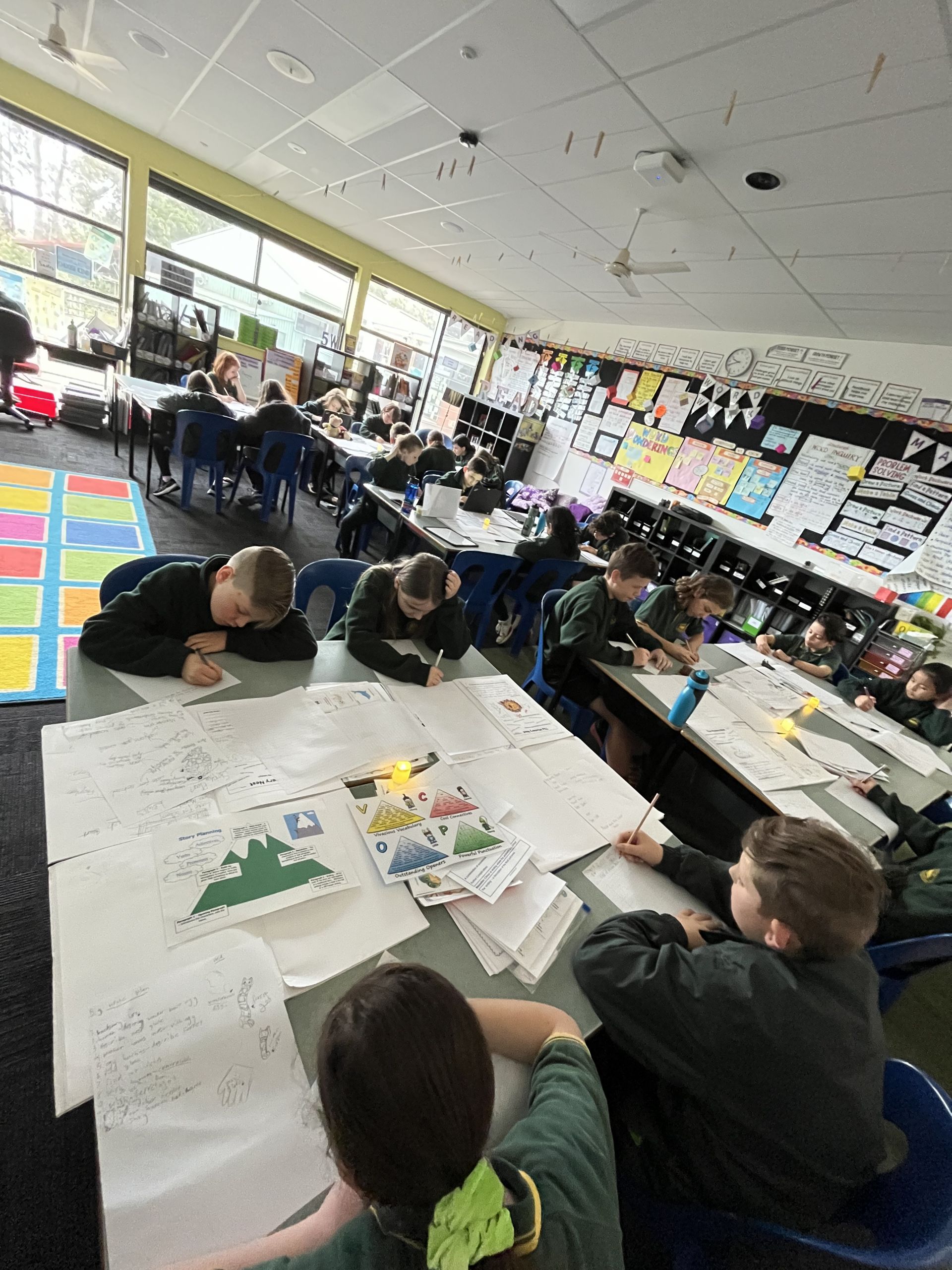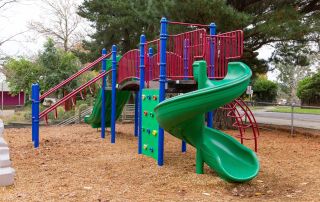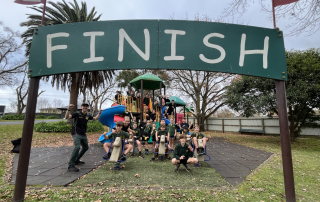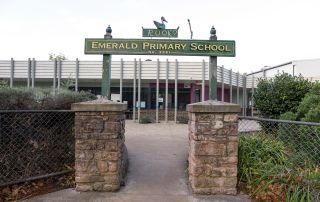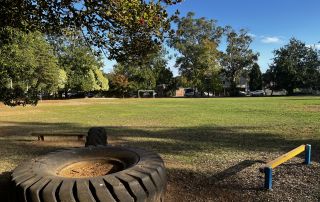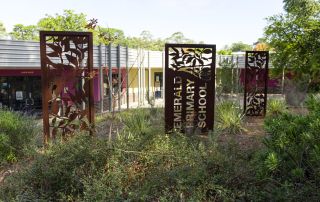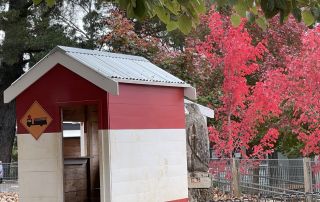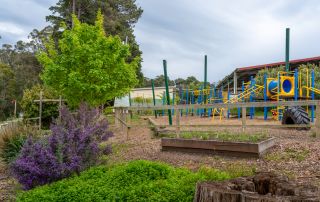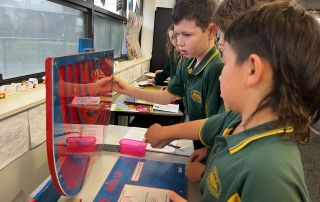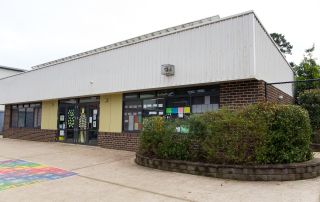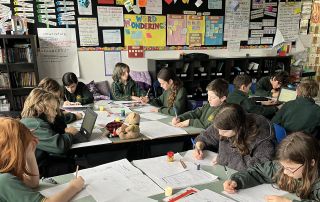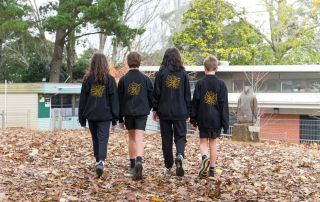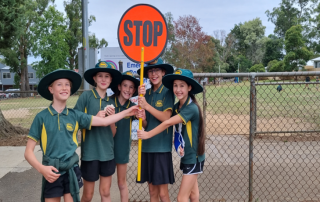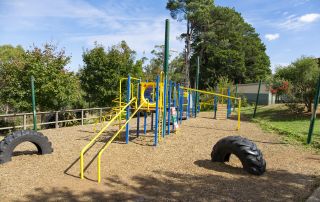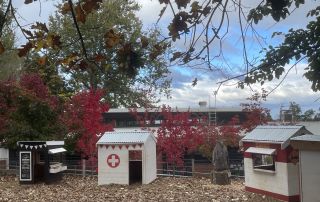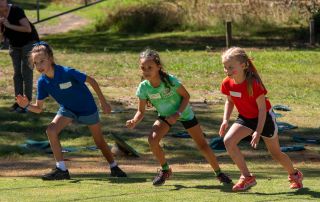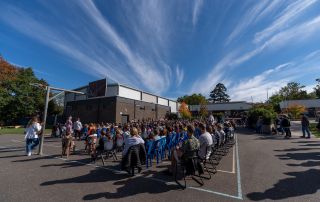At Emerald Primary School, we are committed to providing our students with a dynamic, evidence-based approach to Literacy learning that is developed sequentially from Prep to Grade 6. When students leave Emerald Primary School we aim for them to have developed a love of reading and writing, and have the confidence and ability to both select and create a range of text types.
Reading
Being a proficient reader means being able to decode the words you read, and also to understand the context of what you are reading. We strive to achieve this proficiency through a focus on oral language skills, phonemic awareness, phonics, fluency, vocabulary and comprehension.
At Emerald Primary School, students are supported to build their decoding skills through the explicit teaching of letter/sound correspondences and word parts such as syllables, prefixes and suffixes. Students are given daily opportunities to read good-fit books with support, and to build and consolidate skills at their individual point of need. They enjoy ‘Read Alouds’ with their teacher who models strategies, followed by peer discussions before they engage with a range of texts and practise the strategy themselves.
We encourage our students to actively think about what they read, engage in discussions about texts and to form their own ideas and opinions. They are taught to develop ‘reading is thinking’ skills through a focus on accurate word reading, the building of fluency, the explicit teaching of comprehension strategies and expanding their vocabulary knowledge.
Writing
We aim to create a community of writers, where students develop their communication skills throughout the school. All modes of communication are valued, as students are encouraged to speak, draw and write about many different topics and share ideas and pieces that they create with others.
We believe that regular, authentic, free choice writing has many benefits for all students, as they express their feelings and creativity. This enhances wellbeing and gives opportunities for the development of the vital communication skills of speaking, drawing, writing and sharing.
Following the Writer’s Workshop model, students are involved in regular interactive, modelled, shared, guided and independent writing opportunities. These sessions involve explicit teaching, focus groups, and peer and teacher conferences.
Writer’s Notebooks are wonderful treasure troves of ideas that students collect in every year level, where they draw, write and collect seeds (ideas) that may one day grow into new writing pieces.
Students are explicitly taught the many skills required in the craft of writing, at their point of need to the whole class, small focus groups, and in individual conferences. They are taught:
- The VCOP elements of Ambitious Vocabulary, Cool Connectives, Outstanding Openers and Powerful Punctuation.
- The VOICES elements of Voice, Organisation, Ideas, Conventions, Excellent Word Choice, and Sentence Fluency.
- The structure and features of different text types (genres) and writing for the purposes of informing, persuading and entertaining.
- The Writing Process of pre-writing (talking and drawing), planning, drafting, revising, editing, peer/group/teacher conferencing and publishing.
Writing time every day is valued – the classrooms are buzzing as students may be seen drawing, talking about their ideas, writing, conferring or publishing. Opportunities for choice when writing are important, to keep students interested and engaged in the process.
The Big Write occurs each term across the whole school and is the celebration of the wonderful work students have been working on in their writing! They explore a given topic and are given many opportunities to discuss it and share ideas both at home and at school, before the special writing time where they showcase their writing skills by completing a piece of writing in a calm, creative atmosphere. They later analyse their own writing by identifying the VCOP elements they have included and new writing goals to work on.
Students at EPS set their own writing goals, which are regularly revisited and reset during writing conferences.
Spelling and Vocabulary
Students are taught spelling strategies and new vocabulary within the context of writing and reading. We focus on four areas of spelling which include:
Phonology – The speech sounds of English.
Orthography – How we use specific letters to represent sounds. For example: the long e sound could be represented as e like in he, ee like in free and ea like in peach.
Morphology – The meaningful parts of words (bases, prefixes and suffixes) and the building of word families. For example: heal, healing, health, healthy and unhealthy.
Etymology – The history of words and how this affects spelling.
These four areas are taught through explicit teaching, talking, multi sensory experiences, games, structured word inquiry, guided & student led structured word inquiries, group work and independent practice. Students are also progressively taught high frequency words at each level and they are tested on these words through regular dictation in class.
Speaking and Listening
Students at Emerald Primary School are encouraged to have a voice and are given numerous opportunities to express themselves in class and to build oral language skills. As well as more formal speaking and presentations to the class, they build skills through working in pairs or small groups, engaging in whole class discussions, responding to questions and orally reflecting on their learning after each session. They are taught how to be active and respectful listeners and are given opportunities to practise these skills each day.
